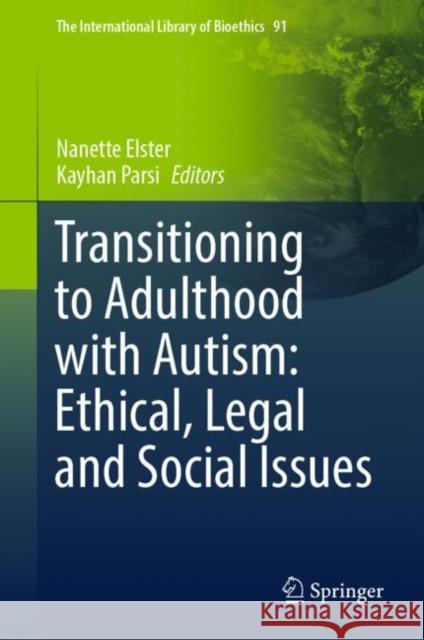Transitioning to Adulthood with Autism: Ethical, Legal and Social Issues » książka
topmenu
Transitioning to Adulthood with Autism: Ethical, Legal and Social Issues
ISBN-13: 9783030914868 / Angielski / Twarda / 2022 / 172 str.
Transitioning to Adulthood with Autism: Ethical, Legal and Social Issues
ISBN-13: 9783030914868 / Angielski / Twarda / 2022 / 172 str.
cena 282,42
(netto: 268,97 VAT: 5%)
Najniższa cena z 30 dni: 269,85
(netto: 268,97 VAT: 5%)
Najniższa cena z 30 dni: 269,85
Termin realizacji zamówienia:
ok. 16-18 dni roboczych.
ok. 16-18 dni roboczych.
Darmowa dostawa!
Kategorie BISAC:
Wydawca:
Springer Nature Switzerland AG
Seria wydawnicza:
Język:
Angielski
ISBN-13:
9783030914868
Rok wydania:
2022
Ilość stron:
172
Waga:
0.41 kg
Wymiary:
23.39 x 15.6 x 1.12
Oprawa:
Twarda
Wolumenów:
01
Dodatkowe informacje:
Wydanie ilustrowane











